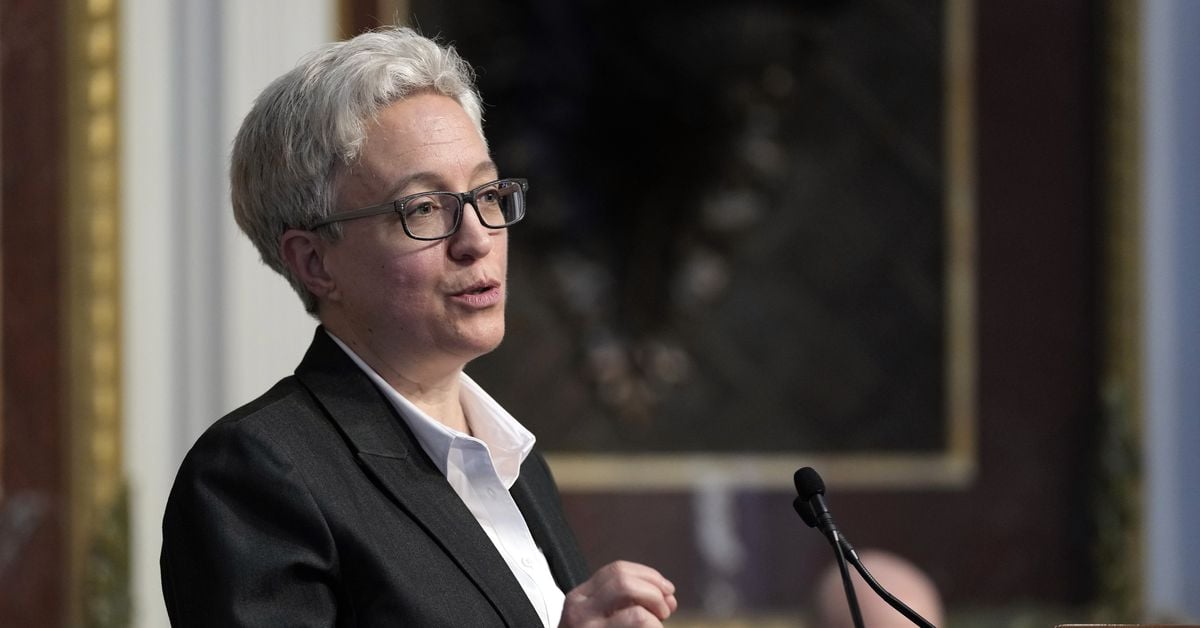- cross-posted to:
- [email protected]
- cross-posted to:
- [email protected]
Four years ago, the state decriminalized all drugs. Now it’s trying to course-correct — and might make a mistake in the process.
In 2020, it looked as though the war on drugs would begin to end in Oregon.
After Measure 110 was passed that year, Oregon became the first state in the US to decriminalize personal possession of all drugs that had been outlawed by the Controlled Substances Act in 1970, ranging from heroin and cocaine to LSD and psychedelic mushrooms. When it went into effect in early 2021, the move was celebrated by drug reform advocates who had long been calling for decriminalization in the wake of President Nixon’s failed war on drugs.
Now, amid a spike in public drug use and overdoses, Oregon is in the process of reeling back its progressive drug laws, with a new billthat aims to reinstate lighter criminal penalties for personal drug possession. And while the target is deadly drugs like fentanyl, the law would also result in banning non-clinical use of psychedelics like MDMA, DMT, or psilocybin — drugs that are unconnected to the current overdose epidemic and the public displays of drug use.



They never actually rolled out any of the support programs, the rehabs, or any of the alternative legal programs that were in the bill. The funding was there, but nothing was really done with it. The whole thing was flawed from the start and was set to fail because it wasn’t actually implemented as it should have been. The 110 bill laid out plans for this huge support system and infrastructure that never materialized.
I guess a better way to do it might be to fund support first and then do decriminalization.